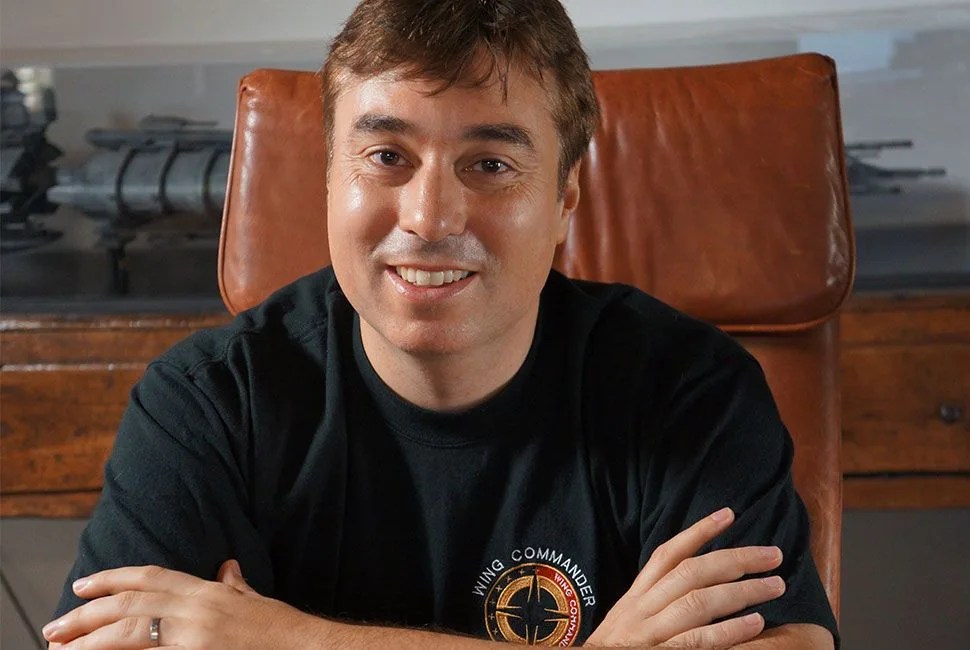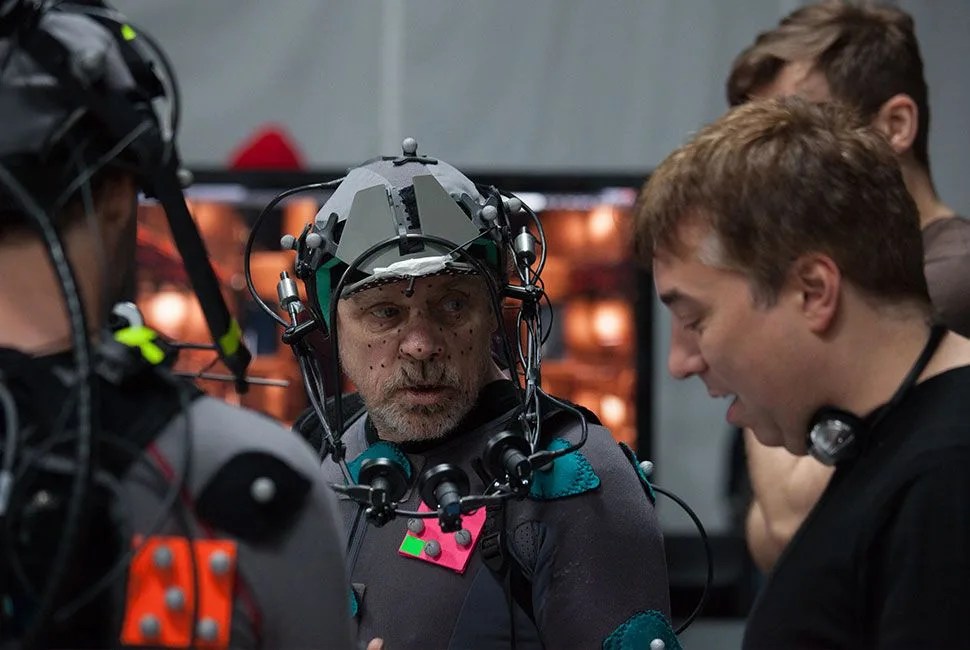By all measures, Star Citizen is the most ambitious video game in history. It is also one of the most controversial. When it launched on Kickstarter four years ago, it promised a universe so incomprehensibly massive and detailed that many heralded it as the be-all-end-all of space games. It has since raised nearly $125 million by 1.5 million backers, making it one of the most successful crowdfunding projects to date. But with its ever-ballooning budget, the game keeps growing and growing — and that has caused setbacks. No one really knows when the game will be released; some are beginning to doubt if it ever will. And at the center of all the controversy is Chris Roberts.
Roberts is the chairman and CEO of Cloud Imperium Games, the company behind Star Citizen. He’s been building video games for over 30 years. He’s had some hits in the past: Wing Commander, the 1990 space fighter, was the game that made him famous; Freelancer, another space game, enjoyed moderate success. Star Citizen, he says, will be his magnum opus. Understandably, he demands that the game is perfect. It’s a Steve Jobs-like perfectionism, stubborn and brilliant, that pushes both boundaries and production deadlines. But in his mind, that’s what it takes to build the greatest space game the world has ever seen.
Q: For the past five years, you’ve been heading the development of one of the most anticipated video games in history. What’s that been like?
A: It’s been a lot of fun and a lot of work. It’s pretty amazing, because I never guessed it would’ve turned into what it’s turned into when we started out. I was just hoping there was a big enough group of people out there that still wanted a space game like the kind I made so I could go off and make it. Obviously we’re way beyond that. We’ve been able to build this really large company that’s dedicated to making the best space game possible. We now have over 360 people in four studios spread between L.A., Austin, Manchester and Frankfurt. We also have folks working on it up in Montreal. It’s pretty amazing that from this one idea, this big company has grown and evolved, and of course that comes with its own set of work. There’s a challenge to build and grow a company while trying to build a really ambitious game.
And it’s really interesting that we’re doing it in public. All the past games I’ve built have been built behind closed doors, and have been funded by a publisher. You’d go off and work on something for several years before you even show it to people. With Star Citizen, from the very beginning, we were just like, “Hey! This is what we’re doing!” That is exhilarating, and it’s great to get feedback and all that stuff, but of course that can have unfavorable consequences. But I’d rather take the good with the bad.
Just one star system should have enough content and enough things to do for players to play for hundreds, even thousands of hours.
The biggest takeaway for me is the community. In the past, all the games I’ve made — I knew that people liked them, they got all these reviews — but you never really connected to the people that liked the game or what you were doing. That’s not what happens with a crowdfunded game. We have this huge, supportive community, and over the last four years they’ve supported us to a level no other crowdfunding game has seen before. They make this game possible. It’s amazing to see their excitement and enthusiasm.
You have this direct connection to the players, and there’s something really cool about that — not just for me, but for a lot of the people working on this stuff. When they build a cool ship or they build a cool feature, all these people say, “Ahh, I really like that, it’s really cool!” A lot of times when you’re creating something, you’re doing it for yourself, but you also want to do it so other people enjoy it. If you’re working on a triple-A game, you could be locked up for four years before knowing whether anyone likes it or not or is even excited about it. In our case, we know there’s a big community out there that’s super excited and can’t get enough of it.


